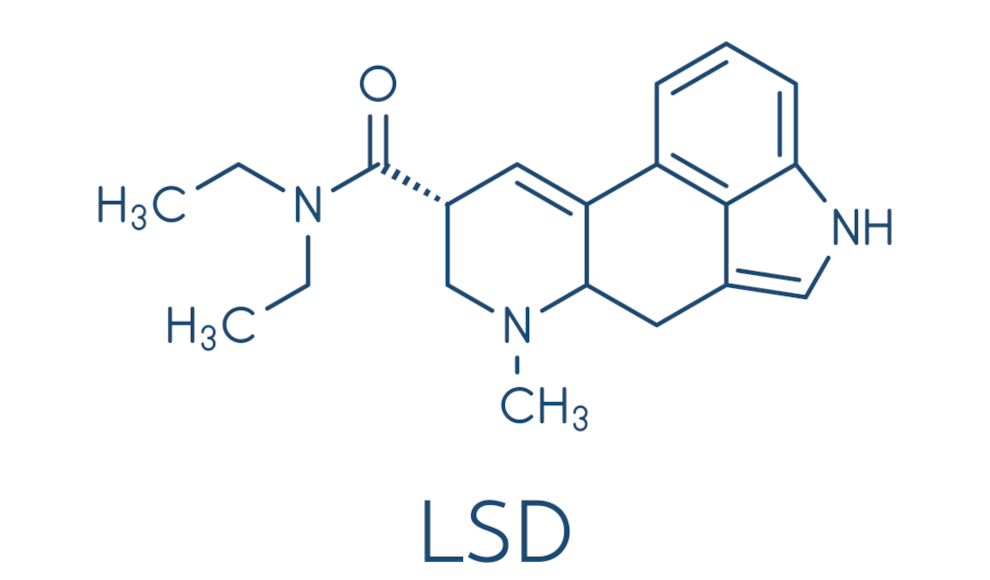A recent study conducted by the University Hospital Basel (UHB) and the Universitären Psychiatrischen Kliniken Basel (UPK) in collaboration with Mind Medicine (MindMed) has shown that Lysergsäurediethylamid (LSD), also known as the party drug, can significantly alleviate symptoms of depression for up to three months. The study aimed to investigate whether LSD, one of the strongest known hallucinogens, could help with severe depression. Previous studies had suggested that LSD could be effective in treating depression, but they did not meet current research standards. The researchers Liechti and Müller aimed to verify the results from the past.
The study involved 61 participants with moderate to severe depression who received LSD in different doses at four-week intervals. The results showed that moderate to high doses of LSD significantly reduced depressive symptoms both two weeks and three months after treatment. However, the effect was much less significant in participants who received only low doses of LSD. The study’s findings were presented at the “80 Years of LSD” symposium in Basel.
The negative reputation of LSD due to its recreational use and resulting bans had halted research on the substance. However, in recent times, the investigation of LSD has seen a resurgence. The study’s results suggest that LSD could be a potential treatment for depression, but further research is needed to determine its safety and efficacy. The study’s findings could pave the way for new treatments for depression, providing hope for those who suffer from this debilitating condition.










